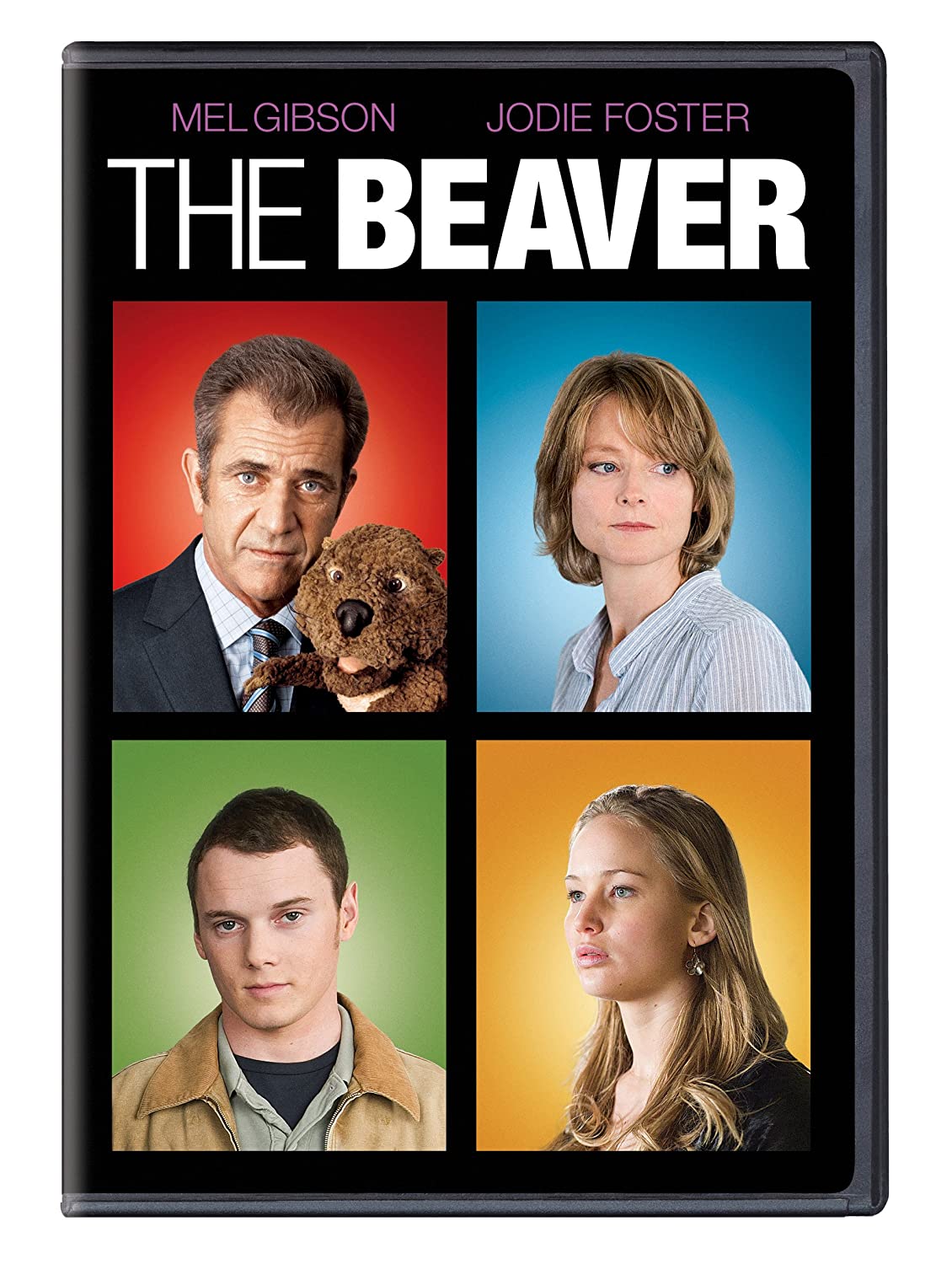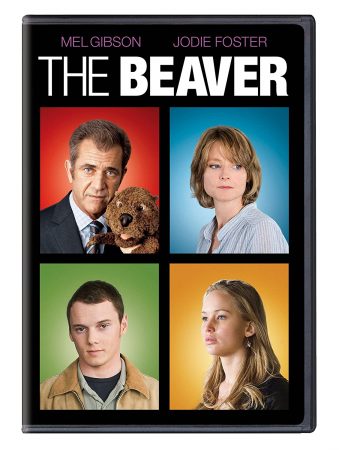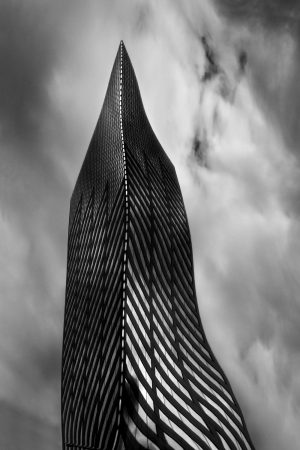Tag: ayn rand
May 17, 2011


I was reading how the movie “The Beaver” with Mel Gibson and Jodie Foster (director) failed miserably at the box office. The article talked about Jodi Foster’s faith in the film and it’s message, and when asked about the financial disaster said:
“I’ve learned … that if you gauge your self-worth at the box office, you will be a very sorry person.“
How do I , as an artist, gauge my self worth? Do I base it on sales, reviews of my work, the galleries I’m in, the price of my work, how many important people like my images and the awards I receive? Is it possible to be feel successful and not achieve all of these accolades?
External success is a fickle mistress; she may love you one day and not even know you exist another. You’ll never really know her, for her standards change frequently and she’s always looking for her next new lover. To measure success by her standards can lead to an insecure existence and frustration as you try to win her love back by creating work that you hope will please her.
For me, art is an expression of the heart and only one opinion matters; mine. It is my creation and if I love it, then it doesn’t matter what another thinks of it. Success is a internal standard that must be met before any external measures matter. Please do not misunderstand, I still enjoy showing my work, exhibiting it and I do gain pleasure when others like it. But these are not the reasons why I create and those things are not necessary for me to feel good about my work or myself.
Perhaps my resume says it best (https://colethompsonphotography.com/Resume.htm):
Resume:
My art has appeared in numerous exhibitions and publications, and has received numerous awards. And yet my resume does not list those accomplishments, why?
In the past I’ve considered those accolades as the evidence of my success, but I now think differently. My success is no longer measured by the length of my resume, but rather by how I feel about the art that I create.
While I do enjoy exhibiting, seeing my work published and meeting people who appreciate my art, this is an extra benefit of creating, but this is not success itself.
I believe that the best success is achieved internally, not externally.


One of the reasons that I’ve been pursuing my recent portfolio entitled The Fountainhead is because I love the philosophy of the novel by the same name. I create these images to honor one of the core principles illustrated in the book; achieving success on one’s own terms.
This has been a perfect project for this purpose because in truth people have not been that enamored with my new images and they may never obtain much exposure, fame or fortune.
But that’s okay! I love these images and have had a wonderful time creating them. And I feel very lucky when I do come across another who appreciates the series because they share my love of architecture or because they can relate to the message of The Fountainhead. For me, this is success.
One of my favorite quotes from The Fountainhead serves as my artist statement for this series. This is an exchange between the main character Howard Roarke who is a young architectural student, and the College Dean who has expelled him for not conforming to the design standards of the day:
- College Dean: My dear fellow, who will let you? (design buildings)
- Howard Roarke: That’s not the point. The point is, who will stop me?
Who can stop me from achieving my own idea of success? No one can.
Cole
September 28, 2009


Last night I watched one of my favorite movies; The Fountainhead. Gary Cooper stars as architect Howard Roark, a stubborn and uncompromising individualist. His designs are uniquely his, rejecting tradition and the opinions of the experts. Because of these attitudes, he is a threat to those who require subservience.
As I seek to create, to find my own vision, Howard Roark has the ideals and standards that I admire; strong, confident, independent, and uniquely creative.
The title of this blog is “Never ask people, not about your work” and is a quote from The Fountainhead. Roark had attended college with a fellow architect who’s idea of success was to gain the approval and admiration of others. He came to Howard to ask him what he thought of his work:
“If you want my advice, Peter,” he said at last, “you’ve made a mistake already. By asking me, by asking anyone. Never ask people, not about your work. Don’t you know what you want? How can you stand it, not to know?”
Roark’s designs were not based on what the public wanted, and he didn’t judge his success by how others reacted to it. He had a vision and it was unimportant what others thought. In another scene Roark declares:
“I don’t make comparisons. I never think of myself in relation to anyone else. I just refuse to measure myself as part of anything. I’m an utter egotist.
The exact opposite of Howard Roarke is Ellsworth M. Tooey, an architectural critic who depends on the opinions of others for his power. He fears individualistic thinking because he knows that such men cannot be controlled. Here is Tooey’s thoughts on art:
“Artistic value is achieved collectively by each man subordinating himself to the standards of the majority.”
Because Tooey fears Roark’s individualism and refusal to subordinate himself to Tooey, he attempts to destroy him by ensuring that no one will commission him to design a building. After having successfully accomplishing this, Tooey has a chance encounter with Roark and wants to hear Roark acknowledge him:
“We’re alone. Why don’t you tell me what you think of me?”
“But I don’t think of you”
Tooey is devastated, for his self worth is measured externally by how others view him. Roark gave him the worse blow he could have received, he didn’t hate or admire Tooey, he didn’t think of him at all.
Roark is ultimately confident and is not constrained by others, he knows that he can do anything that he wants. In this exchange, Roark’s is being expelled from college for not conforming to his professor’s views on architectural design. The College Dean tells Roark that no one will allow him to design such work:
“My dear fellow, who will let you [design such work]?”
“That’s not the point. The point is, who will stop me?”
This is how I wish to live my art; Independently, strongly, passionately and confidently. My only measure of success shall be against my own internal standards. I simply seek to develop my talent and to express myself through my art.
To be able to do that, and to be true to myself, is success.
Cole
